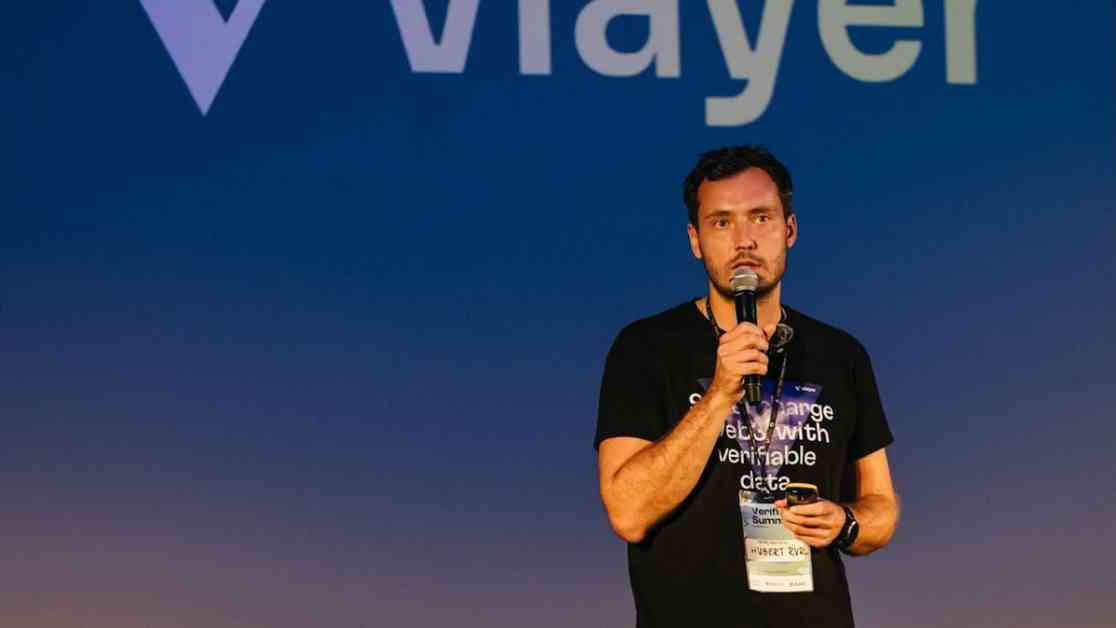Blockchain technology plays a crucial role in various aspects of modern society, including election security. The use of blockchain in elections has been a topic of interest due to its potential to enhance transparency and security in the voting process. However, there are also challenges and solutions associated with implementing blockchain in election systems.
One of the challenges of using blockchain in elections is the issue of scalability. Blockchain networks, such as Bitcoin and Ethereum, can process only a limited number of transactions per second, which may not be sufficient for handling the high volume of transactions associated with elections. To address this challenge, developers are exploring solutions such as layer-2 networks, which can help increase the throughput of blockchain systems.
Another challenge is the issue of privacy and anonymity in blockchain-based voting systems. While blockchain provides a high level of security and transparency, it also records all transactions on a public ledger, which may compromise the privacy of voters. To address this issue, developers are exploring techniques such as zero-knowledge proofs, which can help ensure the anonymity of voters while maintaining the integrity of the voting process.
Despite these challenges, there are also solutions being developed to enhance the security and efficiency of blockchain-based election systems. For example, projects like MakerDAO are actively seeking community input on rebranding decisions, demonstrating a commitment to transparency and inclusivity in governance processes. Additionally, initiatives such as Pundi AI Data are leveraging blockchain technology to democratize AI data collaboration, highlighting the potential of blockchain to drive innovation in various sectors.
In conclusion, while there are challenges associated with using blockchain in election security, there are also innovative solutions being developed to address these issues. By leveraging the unique capabilities of blockchain technology, developers can enhance the transparency, security, and efficiency of election systems, paving the way for a more democratic and inclusive society.

















